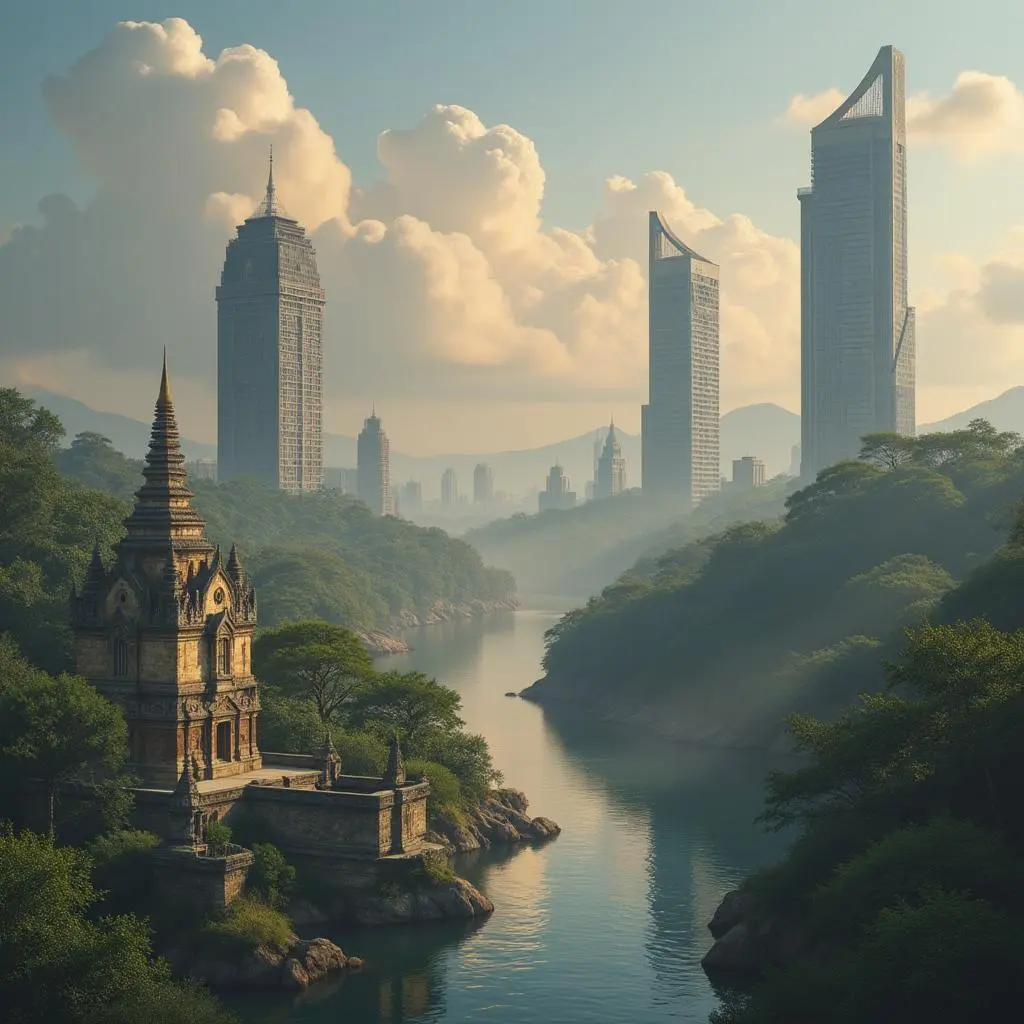Why Do Cultures Resist Global Unity?

Cultures often act as guardians of identity, preserving traditions, languages, and values that define communities. While this diversity enriches the human experience, it can also create barriers to global unity. Cultural pride sometimes morphs into exclusionary practices, where differences are seen as threats rather than opportunities for connection.
Resistance to global unity often stems from fear—fear of losing cultural uniqueness or being overshadowed by dominant global narratives. Political powers and economic interests frequently exploit these fears, emphasizing divisions to maintain control. This resistance hinders cooperation on critical global issues such as climate change, poverty, and inequality, where united action is essential.
To foster global unity, societies must embrace cultural exchange without erasing individuality. Education that emphasizes shared human values, empathy, and respect can break down prejudices and misconceptions. Governments and organizations should prioritize policies that encourage collaboration while safeguarding cultural heritage.
Global unity does not mean uniformity. It is about building bridges between diverse cultures, recognizing that our shared challenges require collective solutions. By celebrating what unites us while respecting what makes us unique, humanity can move towards a future of cooperation, understanding, and mutual growth.
Global unity does not mean uniformity. It is about building bridges between diverse cultures, recognizing that our shared challenges require collective solutions. By celebrating what unites us while respecting what makes us unique, humanity can move towards a future of cooperation, understanding, and mutual growth.
